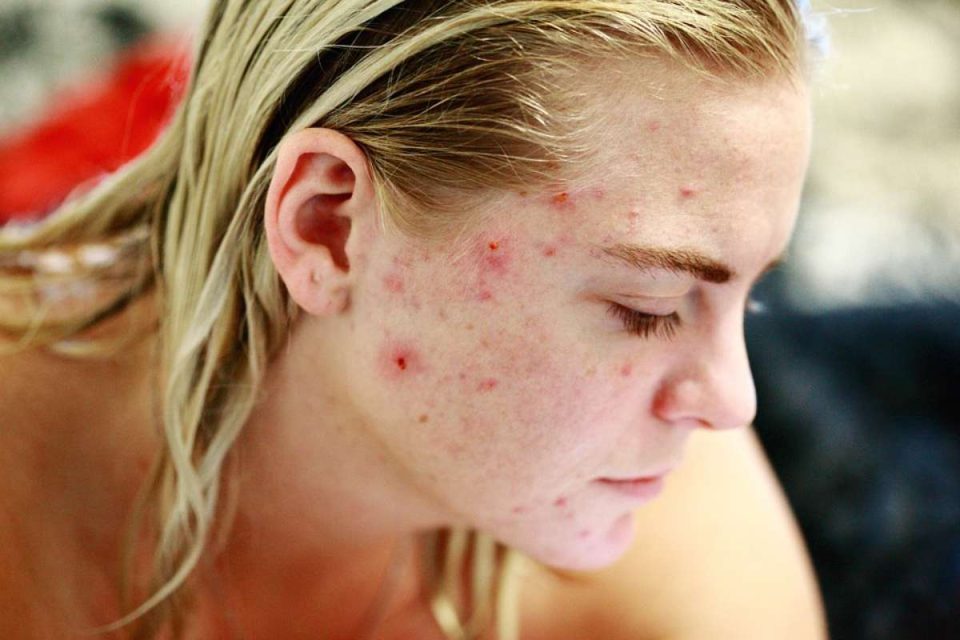Dealing with acne can be a persistent challenge, often choosing inconvenient times to surface. Thankfully, there are diverse approaches to tackle pimples.
The usual choices encompass prescription and over-the-counter medications. However, certain treatments may result in side effects such as skin dryness, discoloration, and redness.
Consequently, some people choose natural remedies to address acne in the convenience of their homes.
Surprisingly, if you have mild acne, you might find effective solutions within your household.
Combining certain herbs and food ingredients can result in a potent acne treatment without the risk of side effects. Here are some commonly used home remedies for acne.
Table of Contents
1. Grape Cleanser
Grapes make for a great snack, whether you freeze them as a healthy dessert or eat them plain. However, many people rarely think about grapes when thinking of acne treatments.
Resveratrol, a compound naturally occurring in the skin of red grapes, harbors antibacterial properties capable of successfully countering Cutibacterium acnes. Grab a pair of grapefruits from your refrigerator, and you’ll have access to a natural cleanser.
2. Cucumber Face Mask
There is a reason why spas put cucumber slices on your eyes to reduce puffiness. Cucumbers have a soothing effect which can help reduce skin swelling, pain, and irritation.
This makes them an effective relief for inflammation associated with acne without worrying about harmful side effects.
For acne, the inflammation happens in the oil gland and follicle causing redness and bumps in the skin.
When you develop acne in the deep layers of the skin, you may develop a cyst that becomes filled with oil. If the cyst wall ruptures and exposes the oil to the deeper layers, you may develop a strong inflammation reaction.
Cucumbers can help reduce the inflammation and provide a calming effect. However, you need Professional Acne Treatments for severe acne since cucumbers are only effective for mild cases of acne.
It is not effective for treating underlying pimples.
3. Honey Mask
Honey seems to help treat anything. You can use it as a natural cough syrup and relieve a sore throat.
An article published in the Central Asian Journal of Global Health suggests that the antibacterial properties of honey can also help heal burns and wound infections.
The same study shows that it can inhibit the growth of acne causing bacteria.
4. Yeast and Yoghurt Mask
While more research is needed to determine the reliability of this option, a study conducted by the International Journal of Women’s Dermatology suggested that fermented dairy products can improve skin health.
Yoghurt is a probiotic which is known to prevent the growth of acne bacteria. You can make your own mask by combining a tablespoon of yeast with plain yogurt to create a thin mixture.
5. Turmeric Face Mask
The tradition of using a turmeric mask to enhance skin health has been prevalent in India for decades.
This herbal treatment utilizes properties that counter inflammation and act as antioxidants, providing significant relief for various skin concerns, such as acne.
Furthermore, it demonstrates effectiveness as a treatment for conditions like alopecia, psoriasis, and atopic dermatitis.
Endnote
Opting for homemade acne remedies presents an opportunity to promote skin well-being and address acne concerns. Easily accessible items from the local grocery or spice markets can be experimented with.
Test one or more to observe your skin’s response. If these approaches prove ineffective, seeking professional assistance may be a prudent next step.

